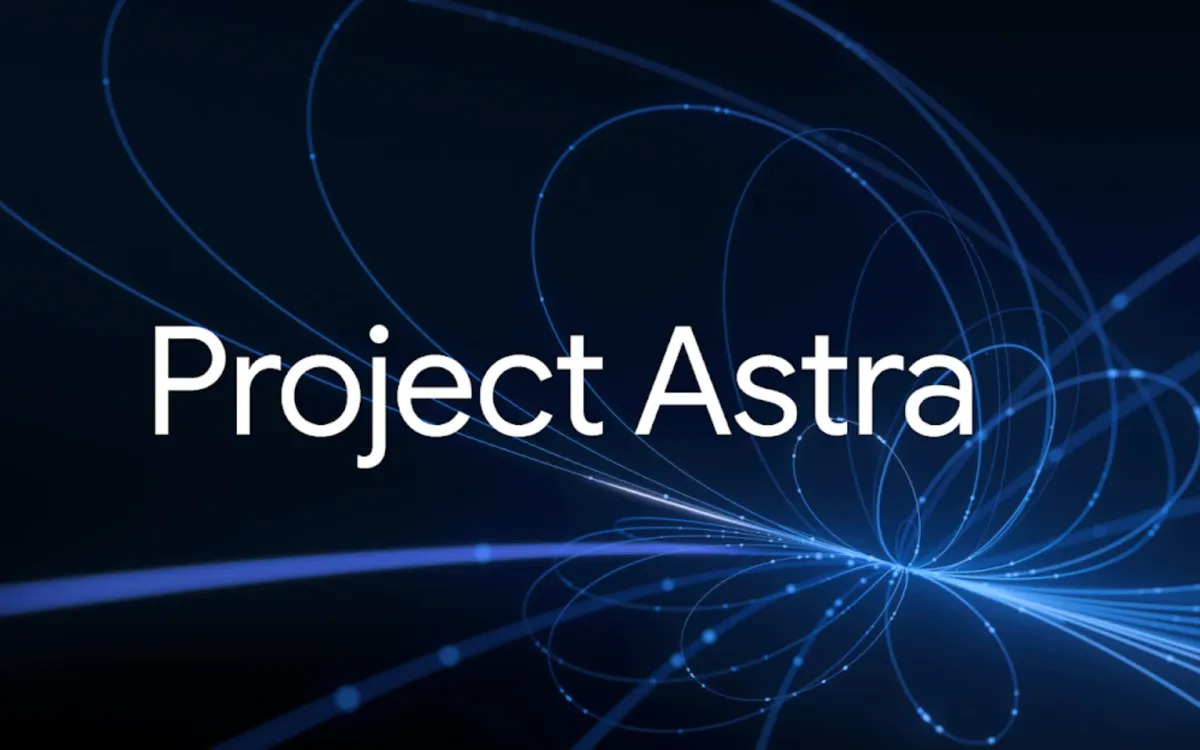
On December 20, 2024, Google DeepMind presented Project Astra, a research prototype exploring capabilities for a universal AI assistant. The system represents a significant advancement in multimodal AI technology, combining visual perception, audio processing, and natural language understanding into a unified agent that can interact naturally with users across multiple devices.
According to Greg Wayne, Director of Research at Google DeepMind, Project Astra builds upon the Gemini large language model while introducing new capabilities for real-time interaction. The system processes visual input at approximately one frame per second and maintains a 10-minute active memory of interactions, allowing it to reference recent events and maintain context throughout conversations.
The technical architecture comprises multiple neural networks working in parallel. Wayne explains that the system includes dedicated vision and audio encoders that feed directly into the Gemini language model. An agent layer orchestrates these components and can invoke external tools like Google Search, Google Lens, and Google Maps when needed to augment responses.
A key technical innovation is the system's native audio processing capability. Rather than converting speech to text as an intermediate step, Project Astra processes audio signals directly through neural networks, enabling more natural conversation flow and improved handling of accents and pronunciations. The system demonstrates proficiency in approximately 20 languages and can switch between them seamlessly during conversations.
Memory implementation occurs through two distinct mechanisms. The system maintains a detailed record of the most recent 10 minutes of interaction, storing approximately 600 frames of visual data along with corresponding audio. Additionally, a secondary system summarizes relevant information between sessions, building a persistent understanding of user preferences and interaction history.
The current version achieves near real-time response latency through several optimizations. These include co-locating processing components within the same computer clusters to minimize data transfer delays, implementing speculative processing that begins formulating responses before users complete their statements, and utilizing sophisticated endpoint detection to precisely identify when users finish speaking.
Project Astra emerged from a broader initiative at Google DeepMind to develop what Wayne terms a "proto artificial general intelligence" - a system demonstrating capabilities that would convince technical observers that general machine intelligence is achievable. The project began with a two-week hackathon where early versions exhibited 7-second response latencies and limited understanding of their perceptual capabilities.
The system currently operates through smartphone applications and prototype smart glasses, though Wayne indicates the software architecture remains device-agnostic. Testing has expanded beyond internal development to include external users who provide feedback on real-world applications.
Ongoing development priorities include implementing proactive assistance capabilities, enabling the system to identify and respond to user needs without explicit prompting. The team is also working on full-duplex audio processing to allow simultaneous listening and speaking, and expanding the system's reasoning capabilities.
Privacy considerations are addressed through user consent mechanisms and data control features. Users maintain access to their recorded data and can delete information, triggering a complete reconstitution of the system's knowledge about that user.
The project team acknowledges current limitations, particularly in handling noisy environments and distinguishing between multiple speakers. The system sometimes exhibits uncertainty about its visual capabilities, though researchers note this can often be overcome through user encouragement.
Wayne emphasizes potential applications for accessibility, suggesting the technology could assist individuals with visual impairments by providing real-time environmental descriptions. Additional use cases under consideration include language learning assistance and cognitive support for users with memory difficulties.
The development of Project Astra has involved contributions from multiple teams across Google DeepMind, including collaboration with Gemini model developers to enhance dialogue and audio processing capabilities. The project represents a convergence of research streams in memory, perception, and natural interaction that Wayne has pursued throughout his career at the organization.

